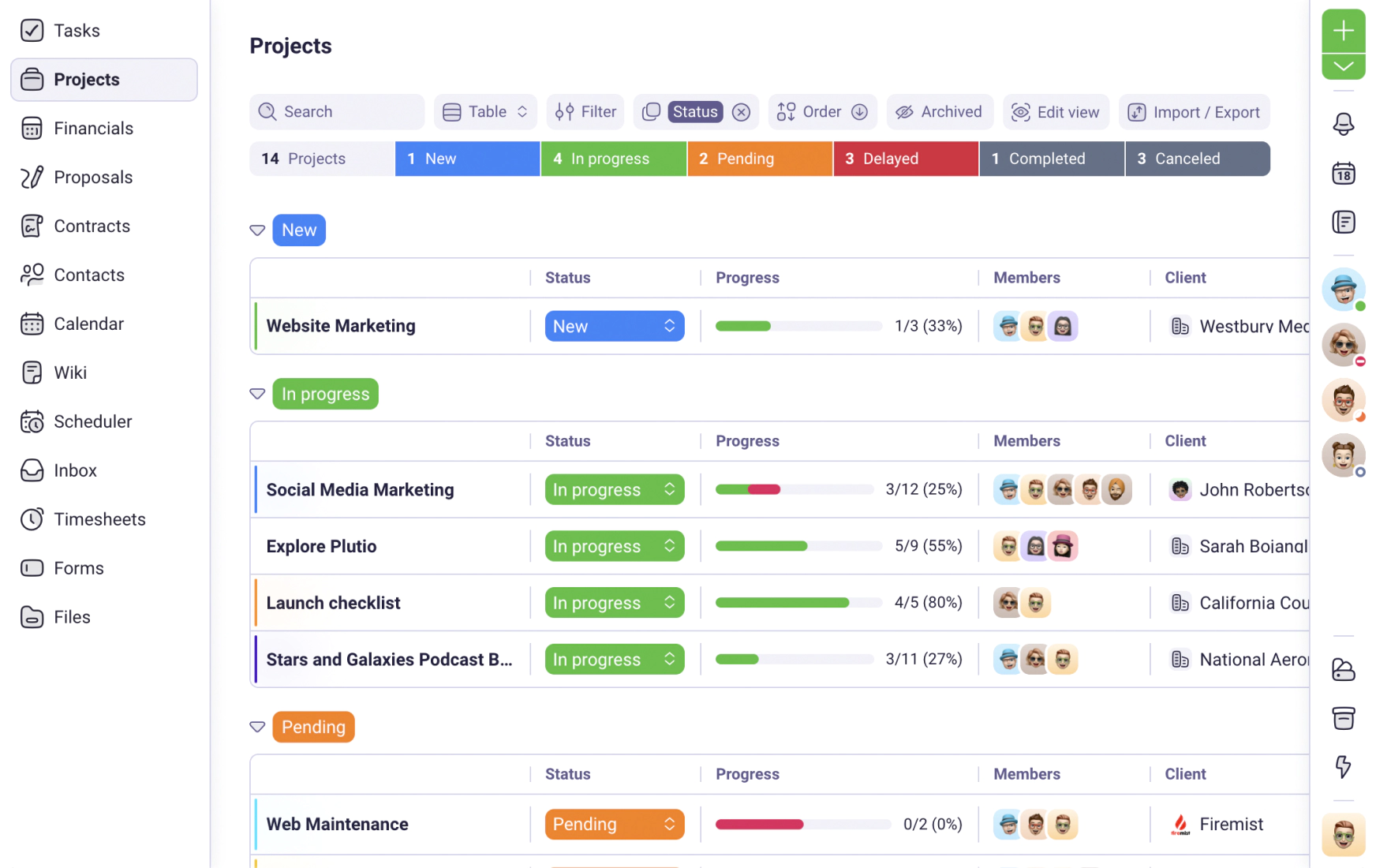We use cookies to personalise and enhance your experience.
The freelance market has always been flexible. It has been continually reshaped due to a range of factors. These include developing technologies, societal norms, and financial considerations. However, since the impact of the global pandemic, the freelance industry has undergone an accelerated shift in its function and appearance
Like never before, companies throughout the world have had to change the way they conduct business, including how they manage freelance labor. They have been forced to do this in order to maintain forward momentum and financial stability, in what have been incredibly uncertain times.
What is clear is that moving through 2021, the freelance industry will look significantly different from how it looked moving into 2020. Below are some of the key trends which will reshape the industry in 2021.
Continued normalization and confidence in freelancers to work remotely
At first, remote working seemed an emergency temporary fix to what was hopefully going to be a temporary problem. Many employers were worried that their workers would struggle to know how to stay productive during quarantine, and that business would suffer.
However, remote working has proved to have a range of benefits for both employer and employee. Because of these positive impacts, such as more motivated employees (including freelancers) and better productivity data, companies are now more willing to agree to let their freelance and regular staff work from home.
This has been enabled mostly because of the adoption and utilization of technologies such as video conferencing and online employee collaboration tools. However, people have also started to accept the practice of working from home as a legitimate way of working in a wider societal sense. This is attributed to the fact that there simply has been no other way of continuing to work for many businesses, so they have had to change their attitudes.
This increased confidence in the effectiveness of remote working, experts believe will lead to a trend in freelancers being given more freedom in their day to day schedules. The new trust in remote working employees will also have the added effect of launching freelance careers that may have never had the chance to start.
Changing structures of online freelance platforms
Thus far, online freelance platforms have been structured with one centralized client hub that controls all of the work distribution to the freelancers. In this model, clients use the hub to talk to freelancers directly, with work then being conveyed across that two-way channel until completed. In 2021, freelance platforms may start using a different model.
This new model, in comparison to the previous model, encourages freelancers to talk to each other as well as to clients. In this way, freelancers can share, delegate and reapportion work between themselves. This should in theory not only help clients get the best and most specific freelancer for their needs but mean more opportunities for freelancers generated by their peers.
This trend will also encourage freelancers to give other freelancers more insight into their knowledge of the market and lead to a greater proportion of collaborative working experiences. IT freelancers especially will benefit from this more cooperative dynamic, thanks to the many useful collaboration tools for IT teams available in their sphere of work.
This model also makes it easier for a client to work with multiple freelancers on one job, rather than concentrating all of the requirements on one freelancer.
Learning from other more senior freelancers also gives those newer to the industry an insight into what other soft and hard skills they may need to have in order to be more successful with a wider range of clients. This has the knock-on effect of an increasingly upskilling freelance industry.
Rising concerns about the impact of remote working on freelancers’ mental health
As workers move more permanently to a remote working set up, several surveys and studies have highlighted that working from home as so many freelancers now do, can have a detrimental effect on mental health. Indeed, according to a new survey, 80% of Brits feel that working from home has negatively impacted their mental health.
Some of the chief difficulties reported have concerned increased stress, anxiety, and depression caused by several factors. One of the most significant is the feeling of loneliness and isolation which is felt when working from home for an extended period of time. This has especially been the case during lockdown, where it has been difficult to see people outside of the work environment.
Working as part of a virtual team rather than an in-person team can also be challenging. Technology issues and conditions such as Zoom fatigue are becoming increasingly difficult to manage. Even with the excellent tools now at our disposal for collaborative working and communication, remote workers can still struggle to feel like they are getting their point across as well as they would have done in a conventional office. This leads to frustrations and increased anxiety about individual performance.
Another challenge that is facing those working from home is the difficulty of finding a healthy work-life balance. Because the home environment now is the work environment, people are struggling to find a meaningful difference between being ‘at work’ and being ‘at home’. In addition, other responders to the survey said that remote working is putting a greater strain on their relationships, both with their partner and with their children and extended family.
Freelancing will become a more respected career choice
Global perspectives of people who freelance or those who are contingent workers have slowly been changing over the last few years. But since the arrival of the pandemic, this change in point of view has gained even greater momentum. Traditionally, many cultures have viewed people who freelance as having a lesser career than those with full-time jobs.
This is perhaps down to traditional notions of job security and stability, which are associated with working for one company on a long-term basis. For many years people who worked in a freelance capacity were somehow seen as less legitimate or even lazy members of the working public.
However, attitudes have started to change and in 2021 it is predicted that the freelance industry will be seen with more respect than previously. This is down chiefly to Covid-19 and its impacts, which highlighted to people the agility which is inherent in having a freelance career and not being tied to an organization for your financial stability and employment.
Although freelancing can be seen as a fragile working dynamic, the positive that people are starting to see is that a freelancer can at all times only be a free conference call away from landing a new client to support themselves.
More than anything, the pandemic has shown that no job is truly safe. Industries that were previously thought to be unimpeachably strong fell into a ruinous state or had to completely remodel their business. Those who were agile enough to onboard the right remote working team and adapt their systems such as moving to a remote product management set-up proved they could survive. Companies employing the wait and see tactic slowly fell by the wayside.
Investors will look to concentrate more on funding freelance start-ups
The runaway success of platforms such as Upwork and Fiverr during the pandemic has shown investors that organizations that have a similar business plan may be a safe place to invest for the future. Indeed, this is evident across the world, with start-ups in India, the US, Europe, and Africa all enjoying a new change of fortune, as investors look to get in on the ground level of the next successful freelance platform start-up.
This trend only looks to be rising, with the companies at the top of the industry showing continual growth. Indeed, to take Upwork as an example, analysts forecast that 2021 revenues for Upwork will clock in at $400 million USD, an increase of over 15%. The rise in the value of online freelance platforms and the new interest from investors in the industry is undoubtedly due to the rise of at-home working, caused by the widespread impact of the global pandemic.
Other start-ups that will benefit from the increased interest from investors in freelance start-ups are companies that aid their success. For example, this may mean start-ups that are creating a new team messaging app or similar remote communication service. Others to benefit will be new project management software developers, which like team messaging apps, go hand in hand with managing a remote freelancer team.
Wrapping up
Not all trends for the freelance industry will be positive for 2021. However, the landscape for the future of the industry may be changing irrevocably to give freelancers more work, more freedom, and a better reputation in the eyes of the working world. This change is not only affecting freelancing but as mentioned is affecting the associated industries that are also having to adapt quickly.
For example, HR is having to install and employ new human resources software, as the old software did not account for the level of freelance labor that is now available to companies. With more interest from investors, employers, and clients, freelancing may be one of the industries to see the most growth in 2021.
Have you tried Plutio yet?
The only app you need to run your business and get work done.
Try Plutio for FREESupercharge your business
The complete toolkit to run your business
The intuitive all-in-one solution to manage and collaborate on projects, share files, build forms, create proposals, get paid, and automate your workflow.
No credit card required


